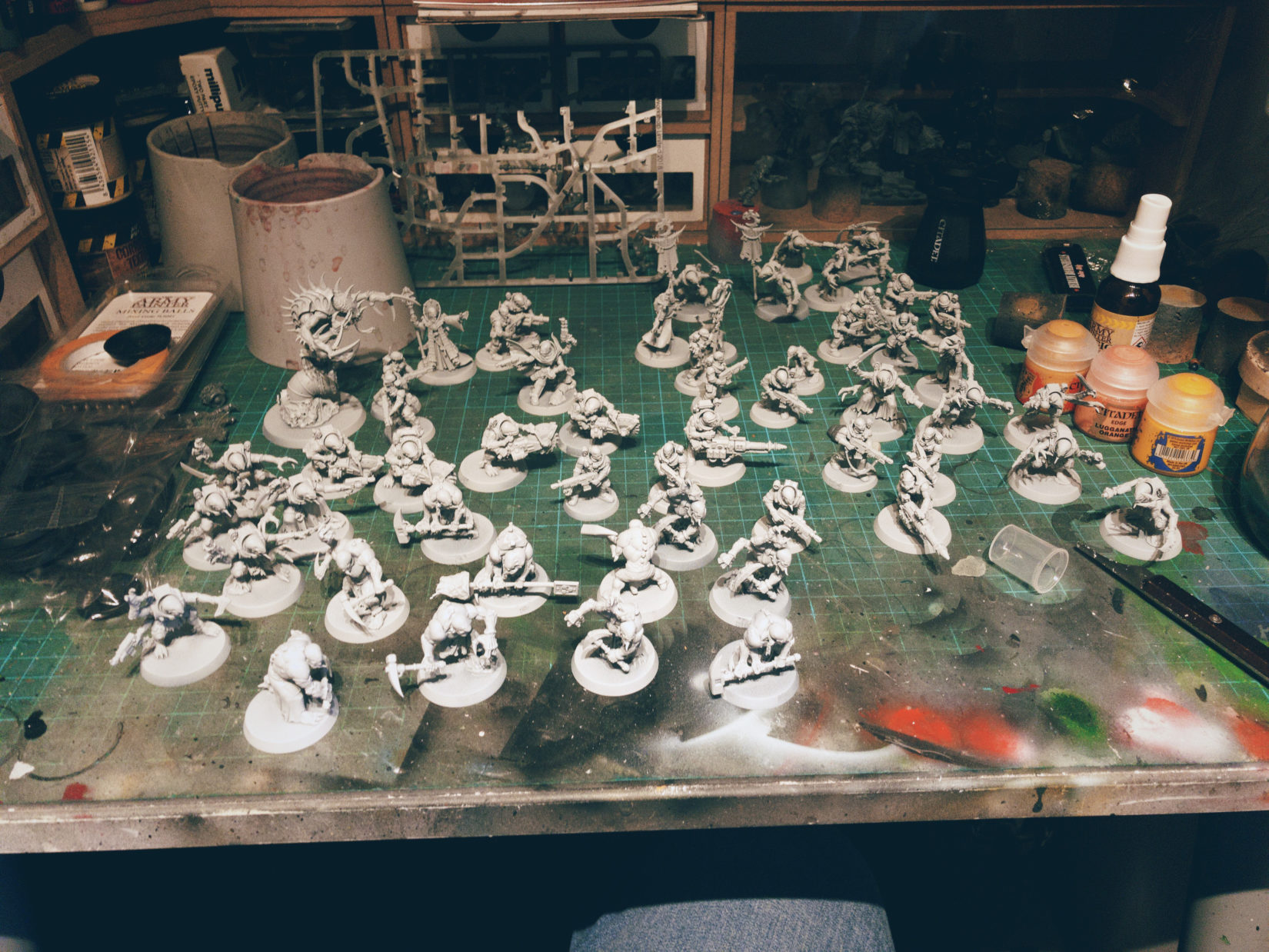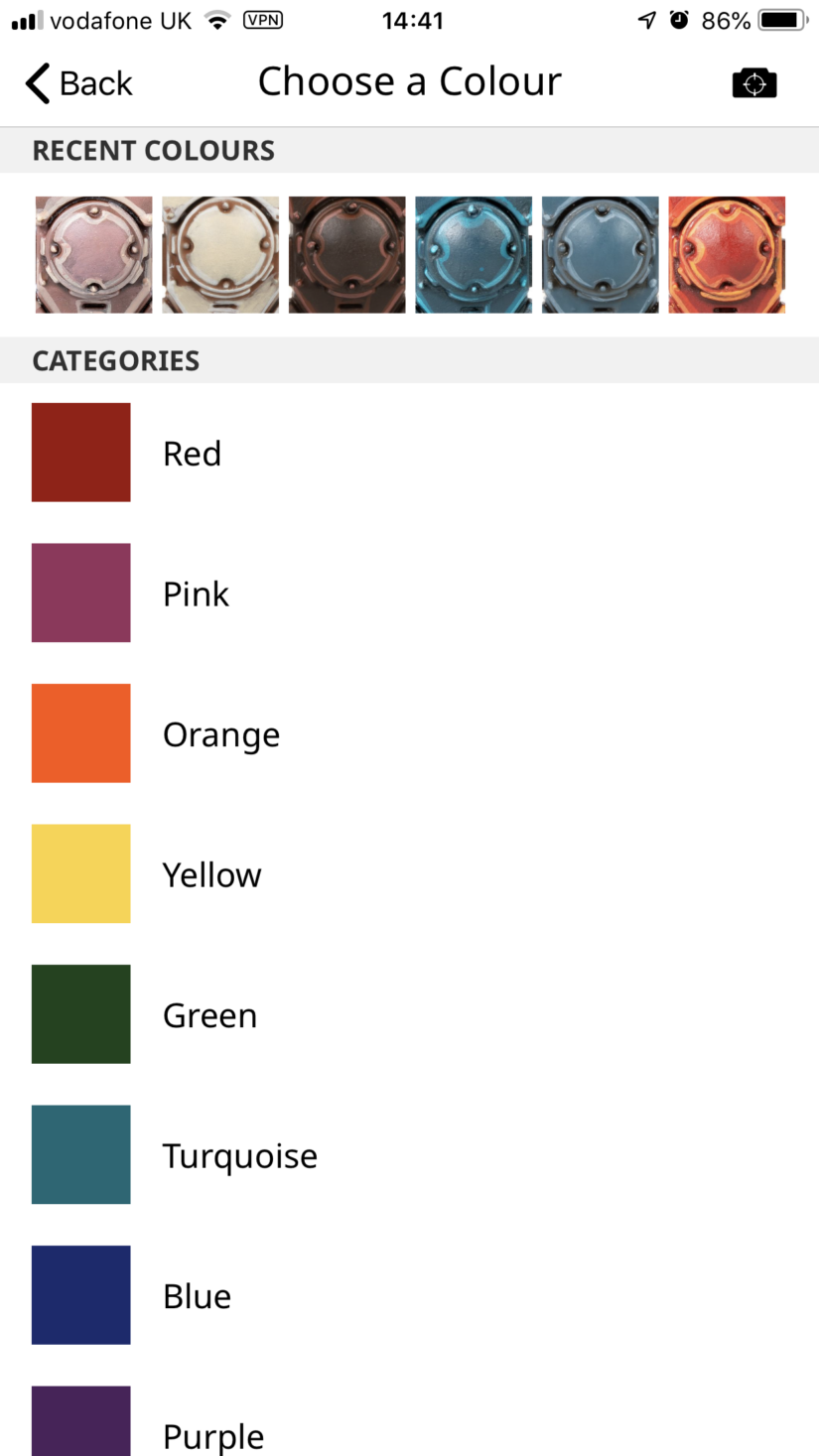Whoops, I nearly let this domain expire. That could’ve been a minor disaster! 😅
All the robes and under suits painted on 50ish models in just under 2 hours. Basically looks the same as if I’d painted them Warpstone Glow, then shaded with Beil-Tan Green. So Contrast definitely cut out a step #PaintingWarhammer
50-odd Genestealer Cult models sprayed with Grey Seer, and ready for The Contrast-ening. I pulled this lot out of the backlog pretty much specifically to try out the new range. #PaintingWarhammer
“📖 A collection of pure bash alternatives to external processes. – dylanaraps/pure-bash-bible”
Reposting: a post
I’ve just received the update to the Citadel Paint app (now called “Citadel Colour”) and y’know what? It’s *really good*. It looks better, there’s several quality-of-life improvements, the guides are much more detailed, and the new “My Projects” bit is super handy.
“Project seeks to combine ecological political and economic analysis with movement building”
“It’s developing a political analysis of the climate crisis. An understanding that its an economic system that is in crisis and that you can’t have green growth, you can’t have a green capitalism. Ameliorative changes aren’t really going to cut it”
“Note: [Jason Hickel] expanded this post into a full article, published in Real World Economic Review in 2019.”
When orthodox economists first encounter the idea of degrowth, they often jump to the conclusion that the objective is to reduce GDP. And because they see GDP as equivalent to social wealth, this makes them very upset.
Nothing could be further from the truth.
There are many pieces to this argument, but I want to focus on one here in particular. One of the core claims of degrowth economics is that by restoring public services and expanding the commons, people will be able to access the goods that they need to live well without needing high levels of income.
“On Thursday we launched Scotland’s Degrowth Commission at the venerable Pearce Institute in Govan. With a delicious irony and timing that can’t be ignored, that very day saw New Zealand…”
Degrowth is a challenging idea that goes against the grain of everything we’ve been led to believe; that we could and should produce more, buy more, consume more relentlessly, and that such activity creates wealth. Supporters of the growth model (previously everyone) have suggested somewhat miraculously that this idea is also compatible with “sustainability”.
In light of the IPCC climate realities this seems at best implausible.
In simple terms, growth is incompatible with our survival.
As Tim Jackson, Juliet Schor and Peter Victor write in Degrowth: A Vocabulary for a New Era: “The foundational theses of degrowth are that growth is uneconomic and unjust, that it is ecologically unsustainable and that it will never be enough.”




